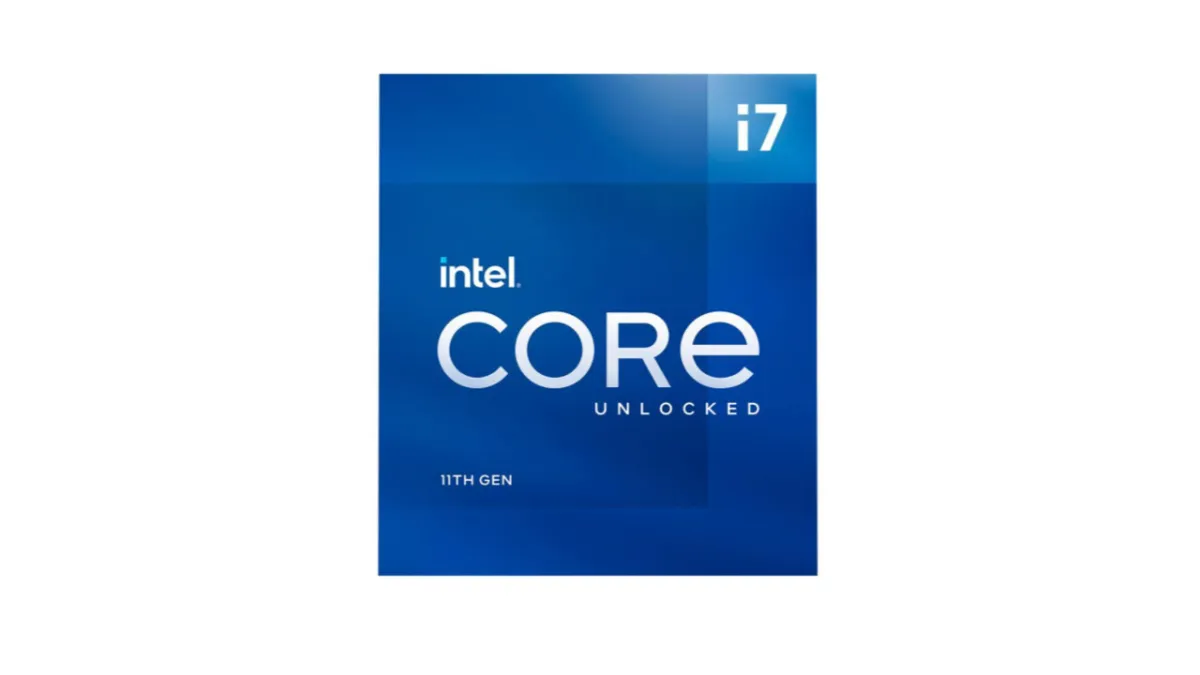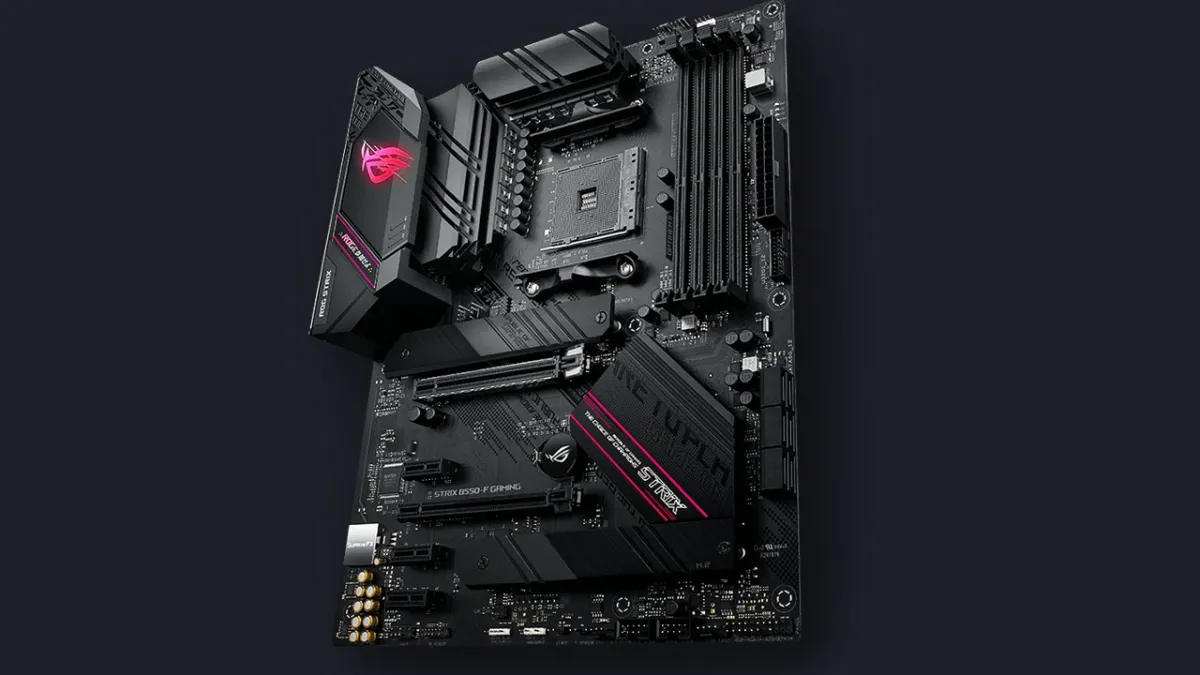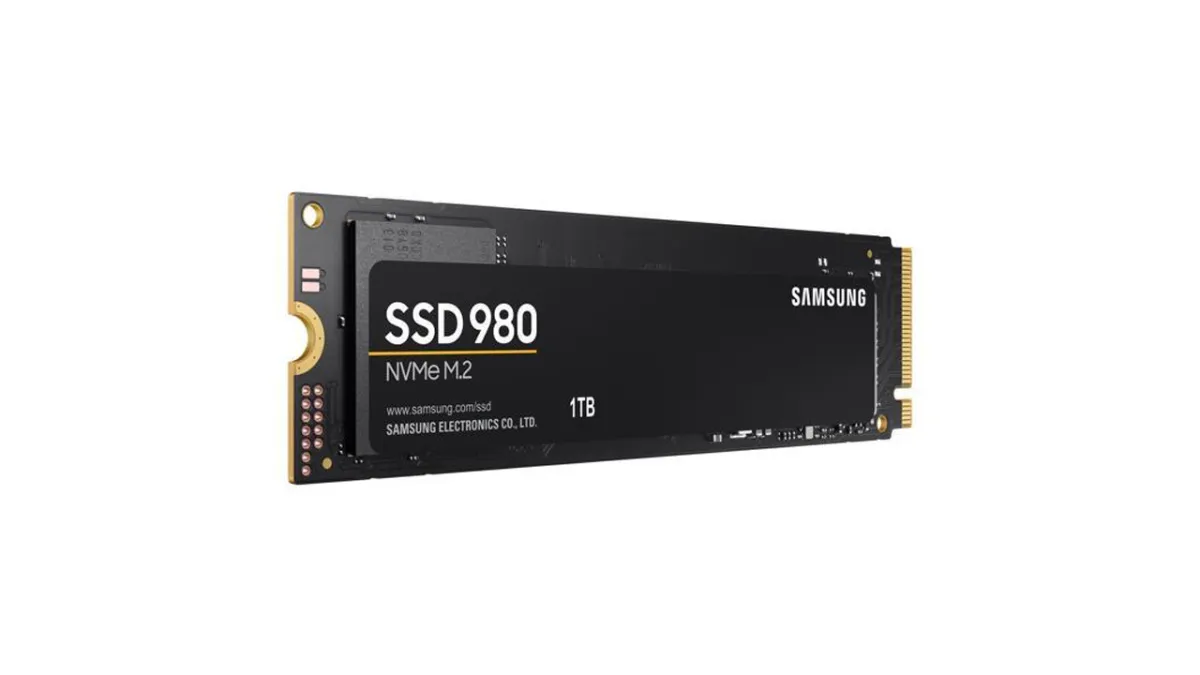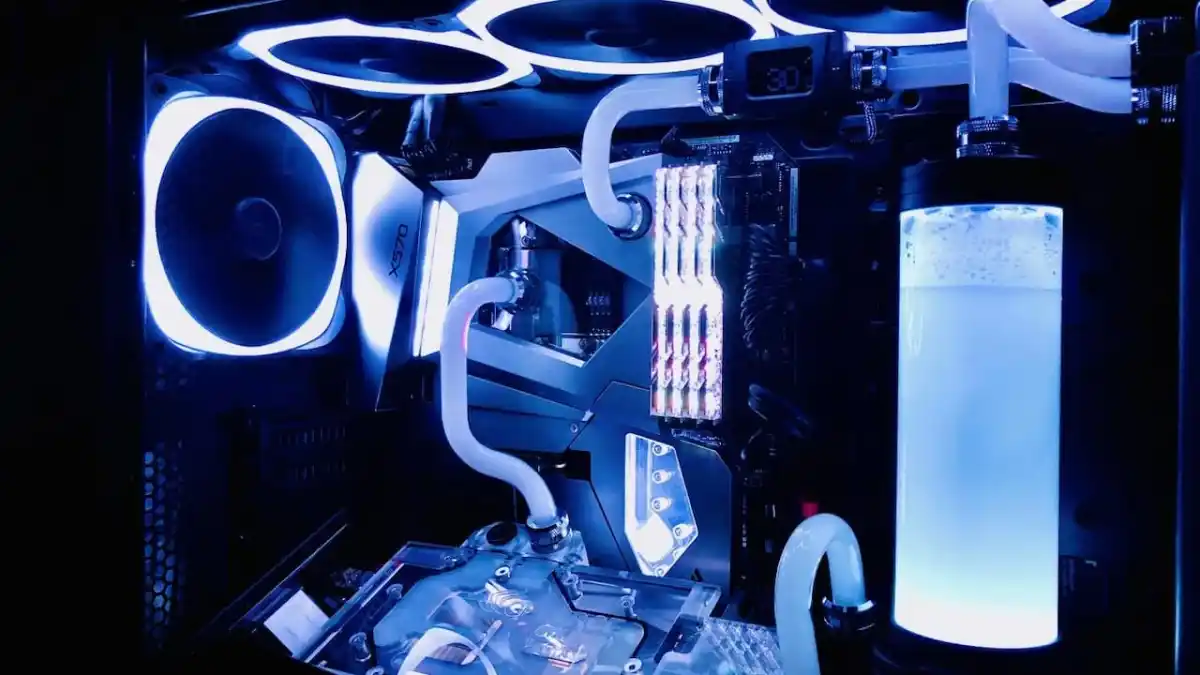Intel’s back with its 11th generation of desktop CPUs, codenamed Rocket Lake. While it’s based on the same 14nm manufacturing process node as the last five generations, the company has managed to squeeze out more performance year over year. It’s certainly a respectable effort considering AMD’s Ryzen 5000 Series is based on the modern and more efficient 7nm process. But can Intel continue to stay competitive while AMD introduces massive performance gains gen over gen? We had the chance to test out the Intel 11700K for its gaming performance, but is it worth it at the MSRP of $399 USD?
This is one of the most important Intel generations in years when it comes to decision making, there is no doubt about that. As already mentioned, Intel has been trying to pull every last bit of performance out of its aging 14nm process and the performance has come at the cost of efficiency. Each successive generation has required more power, and the 11th generation processors are by far the most power greedy without offering much in the way of performance improvements. Some of this has to do with the fact that Rocket Lake is the last of Intel’s mainstream desktop efforts on 14nm and is actually a backport of the 10nm design for Alder Lake, due to release later this year. That’s right, something much better is on the horizon. So, what’s the point of getting this generation?
Simply put, the 11700K arrives at a very interesting time. Demand for PC gaming hardware is through the roof right now, and many likely won’t want to wait for Intel’s eventual reveal of Alder Lake. Aside from that, we don’t know what the supply of Alder Lake will eventually look like, and stock for the Ryzen 5000 Series is still recovering. But Rocket Lake is available for MSRP today. More importantly, most games are bottlenecked by the GPU these days, as using ultra settings or gaming at high resolutions simply can’t hit the framerates that push these high-frequency CPUs in the first place. Even if you do manage to find an adequate GPU for your needs, modern Intel CPUs already nail high-refresh 1080p gaming, and that’s going to be enough for most.
There are reasons to consider the 11700K, as it is actually a pretty solid CPU for gaming. Those who want to do things like livestreaming or content creation can benefit from the additional cores and threads granted by the jump from the i5 or any other six-core CPU, and the clock speeds help to drive high-refresh 1080p performance simultaneously. Intel has also thrown in some additional features this generation that the 10th generation sorely lacked.
11700K specs at a glance
The 11700K shares a lot in common with the previous generation i7. However, according to Intel it features a 19% IPC (instructions per cycle/clock) gain, improved memory support up to 3200MHz from last generation’s 2993MHz, and PCIe 4.0 support plus four additional PCIe lanes. And that’s really about it for the sake of keeping things simple. These improvements are enough to provide some small fps boosts, but the performance improvements are modest and sometimes even situational.
| Process | 14nm |
| Socket | LGA 1200 |
| # of cores | 8 |
| # of threads | 16 |
| Base frequency | 3.6 |
| Max Turbo frequency | 5.0 |
| Cache | 16MB |
| TDP | 125W* |
| Memory Support | DDR4-3200 |
| PCIe Specification | 4.0 |
| # of PCIe lanes | 20 |
| PCIe Configuration | Up to 1×16+1×4, 2×8+1×4, 1×8+3×4 |
There is one common misconception about the 11700K that needs addressing, and that’s how its specs translate to gaming performance. Those who compare the 11700K to previous generation i7s will notice that the frequencies are not very impressive. Compared to the 10700K, the 11700K base frequency is down by 200MHz while the Max Turbo frequency is decreased by 100MHz. The improved IPC is meant to to offset that difference, and the true operating frequency of any CPU constantly fluctuates between those values while under load. The numbers on the spec sheets simply can’t be taken at face value.
- Introduction and specs
- Power usage, frequencies, and temperatures
- Gaming performance
- The new features of PCIe 4.0 and Resizable BAR
- Pricing and conclusion









Published: Apr 8, 2021 05:00 pm